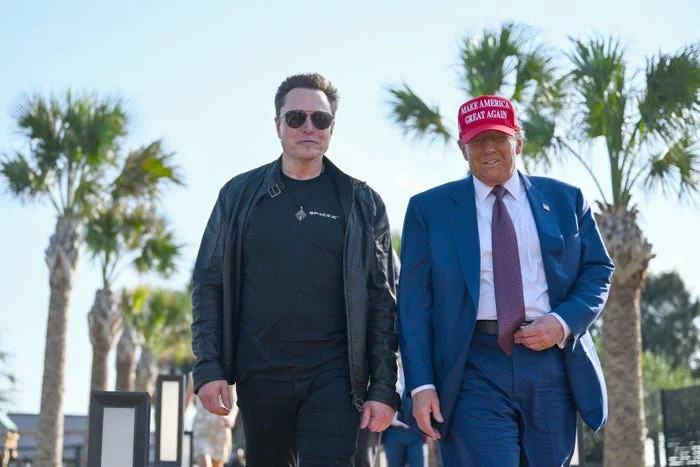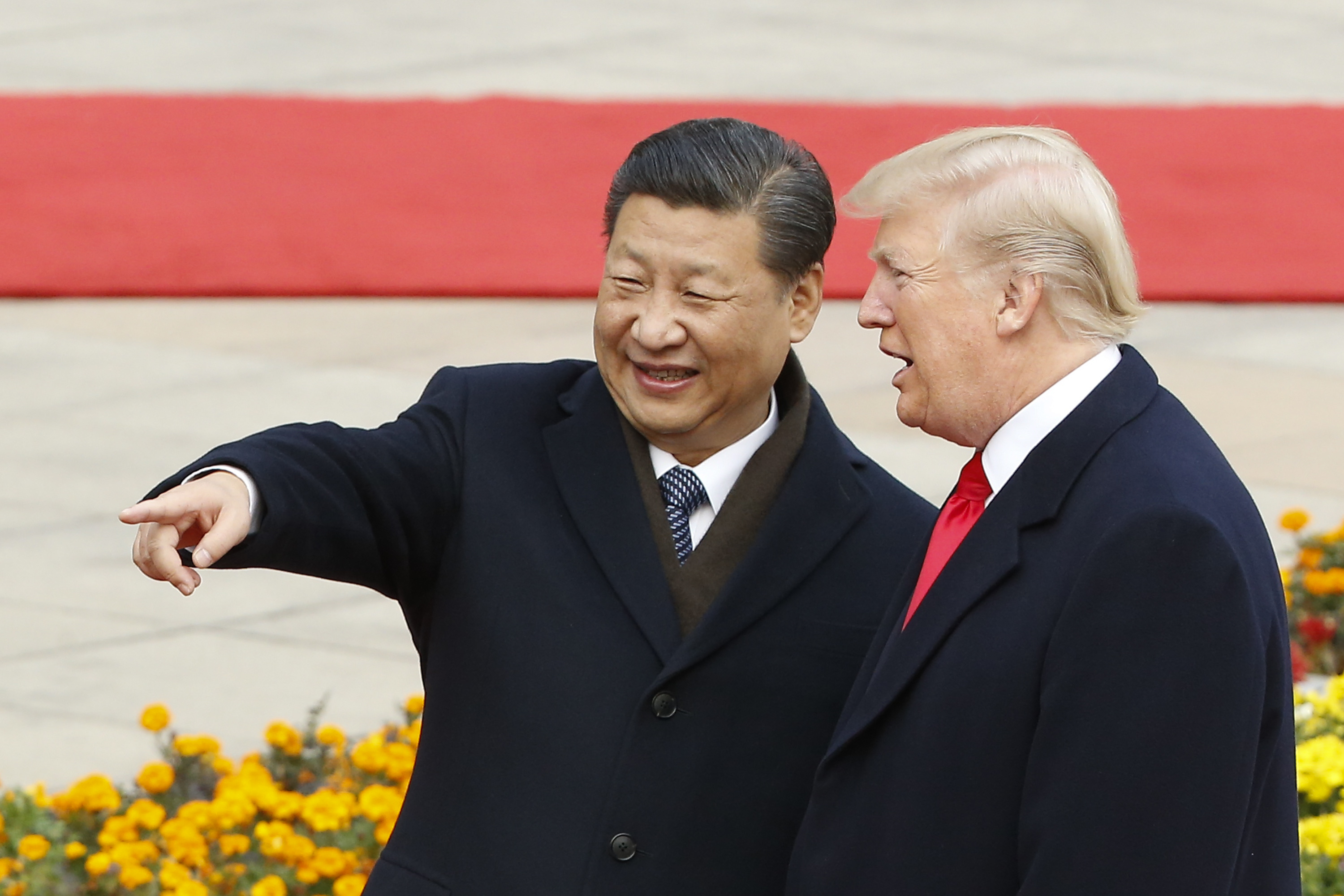
Donald Trump Doubles Down On Tariffs And Trade Turbulence While Praising Elon Musk
In a high-stakes week for the U.S. economy and global diplomacy, President Donald Trump convened his Cabinet to address controversial tariff policies, ongoing trade wars, and his relationship with tech billionaire Elon Musk. The meeting, layered with economic, political, and personal drama, spotlighted how Trump's signature dealmaking style and evolving alliances continue to roil markets and politics at home and abroad.
Trump opened Thursday's Cabinet meeting by forcefully defending his recent 90-day pause on most new tariffs, save for those against China, which are now subject to a staggering 145% rate. Treasury Secretary Scott Bessent assured the country that the market volatility and oil price drops that followed were the costs of "transition" and predicted near-term certainty once negotiations conclude. Trump, referencing the market rally post-pause, trumpeted, “We’re very, very happy with the way the country is running. We're trying to get the world to treat us fairly.”
Trade policy, however, is only part of the political theatre. Elon Musk—at once a beneficiary of and sometimes a critic of Trump’s policies—now serves as a special government employee, spearheading cost-cutting at the Department of Government Efficiency (DOGE). Trump was adamant: “I don’t need Elon for anything other than I happen to like him.” The President even purchased a Tesla—in his words, at “top price”—as a public gesture of support, countering accusations that Musk has received special treatment. “He’s done a fantastic job but he hasn’t been treated properly,” Trump told assembled reporters, referencing protests and vandalism targeting Tesla dealerships amid the administration's fiscal slashing.
Musk, meanwhile, has encountered political headwinds of his own. DOGE’s “slash and burn” approach led to thousands of government layoffs and set off waves of unrest, including strong criticism after Musk’s multimillion-dollar push in Wisconsin’s Supreme Court race reportedly backfired. At the federal level, Musk has publicly diverged from the Administration on international trade, calling for “a free trade zone” with Europe and, in a pointed jab, labeling Trump advisor Peter Navarro “dumber than a sack of bricks.” Still, the President insisted on gratitude, telling Musk, “Your people are fantastic,” and hoping DOGE staffers would “stay around for the long haul,” even after Musk’s limited-term government role ends.

Globally, these moves have intensified trade tensions—especially with China, where retaliation has been swift and severe. While equity and oil markets fluctuated, Europe chose détente, pausing its retaliatory tariffs and seeking a diplomatic solution. At home, Trump’s budget framework barely squeaked past the House, buoyed by Republican leaders but raising alarm among Democrats for steep cuts and potential consequences for programs like the Child Tax Credit.
The week exposed the fragility and complexity of Trump’s “America First” economic doctrine—where bravado meets the reality of market turbulence, partisan squabbling, and an unpredictable orbit of high-profile allies. As global partners and adversaries react, and with domestic fallout mounting, the administration’s willingness to adjust course—be it via tariff pauses or shifting personnel—shows both flexibility and volatility at America’s political core.
As these shifting power plays unfold, a central question emerges: Can the administration’s embrace of aggressive economic tools bolster prosperity and security, or will mounting uncertainty fuel more upheaval? Readers, what impact do you believe these policies will have in the long run? Share your thoughts in the comments below.